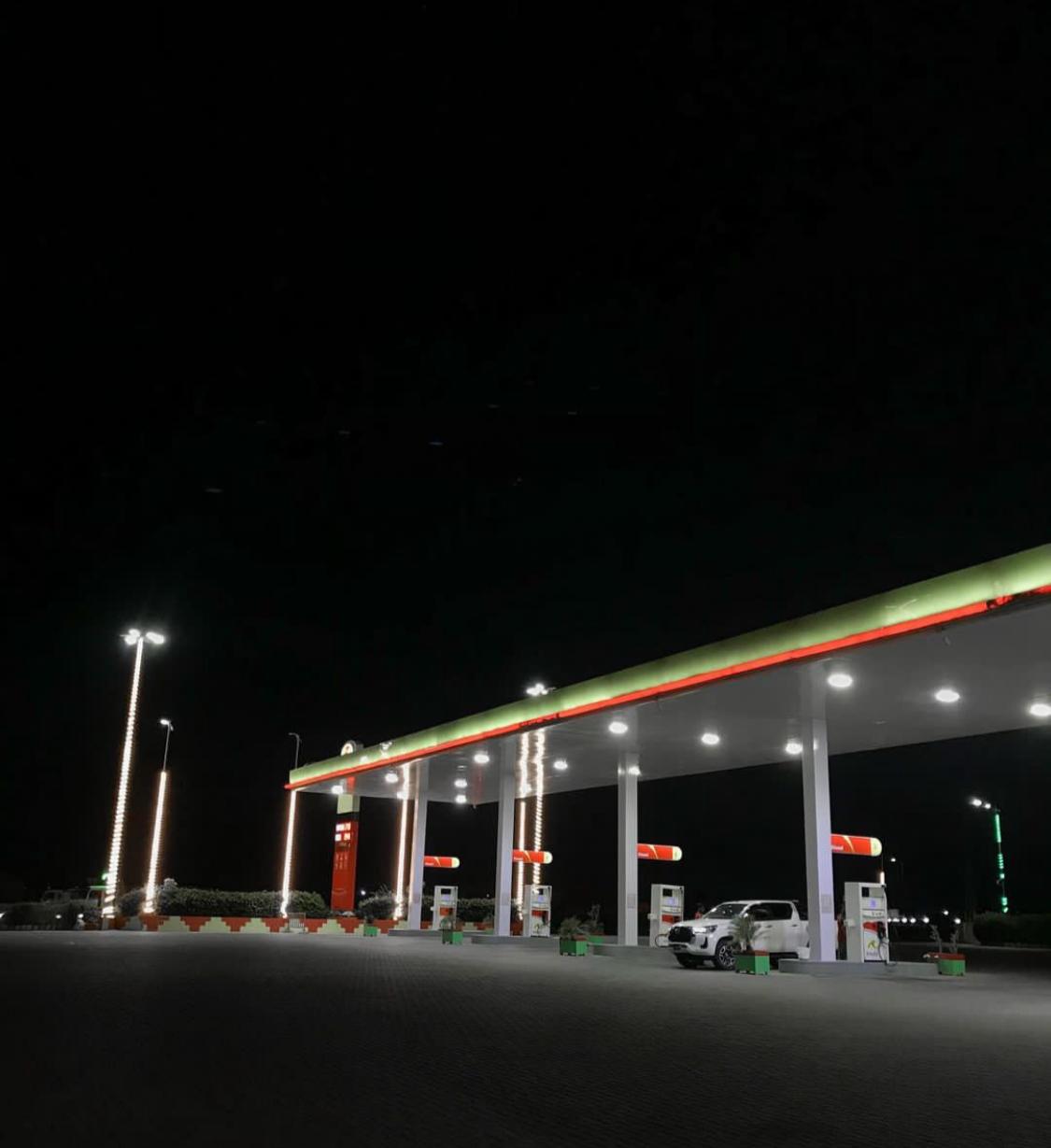Pakistan is facing a crucial deadline to finalize a long-awaited loan agreement with the International Monetary Fund (IMF) to receive a $1.1 billion tranche from a $6.5 billion bailout agreed upon in 2019. Negotiations have been ongoing since February 2023, and the IMF has confirmed that a staff-level agreement will be signed once the remaining points, including the proposed fuel pricing scheme, are settled.
Prime Minister Shehbaz Sharif announced the plan last week to charge affluent consumers more for fuel, with the money raised used to subsidize prices for the poor, who have been hit hard by inflation, which in February was at its highest in 50 years. The scheme plans to have a difference of around Rs100 per liter between the prices to be paid by the rich and poor, according to the petroleum ministry.
However, the IMF has raised concerns that the government did not consult the fund about the fuel pricing scheme. The IMF’s resident representative in Pakistan, Esther Perez Ruiz, said that the fund would ask the government for more details about the fuel proposal, including how it would be implemented and what protection would be put in place to prevent abuse.
Petroleum Minister Musadik Malik stated that his ministry had been given six weeks to work out the pricing plan. It would not be a subsidy but a relief program aimed at helping the poor, he said.
With Pakistan having enough foreign reserves to only cover about four weeks of necessary imports, the country is desperate for the IMF agreement to be finalized. The IMF has already asked Islamabad to implement several fiscal measures, including devaluing the rupee, lifting subsidies, and raising energy prices as preconditions for the agreement.
In conclusion, Pakistan’s proposed fuel pricing scheme is a crucial issue to be resolved for the IMF loan agreement to be signed. It remains to be seen whether the scheme will be accepted by the IMF, and how it will be implemented in Pakistan to help the poor without abuse.


